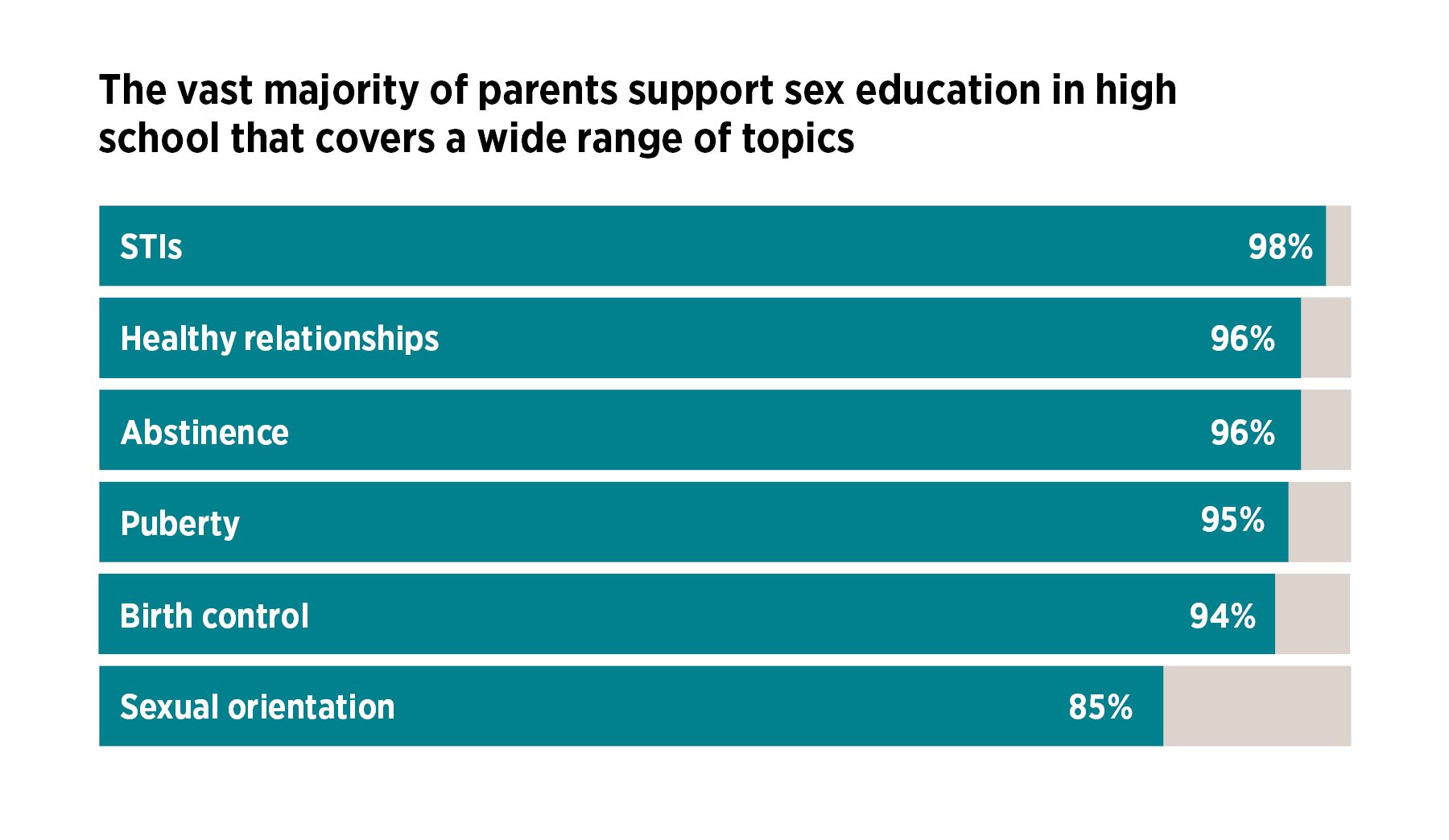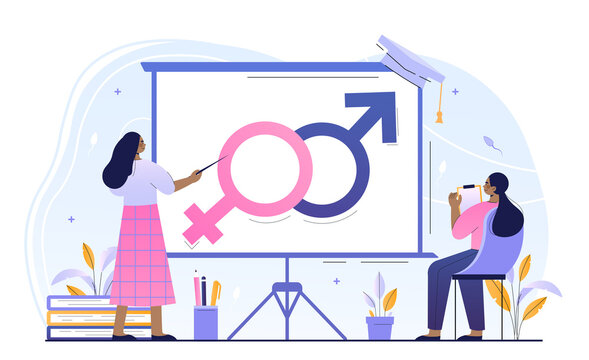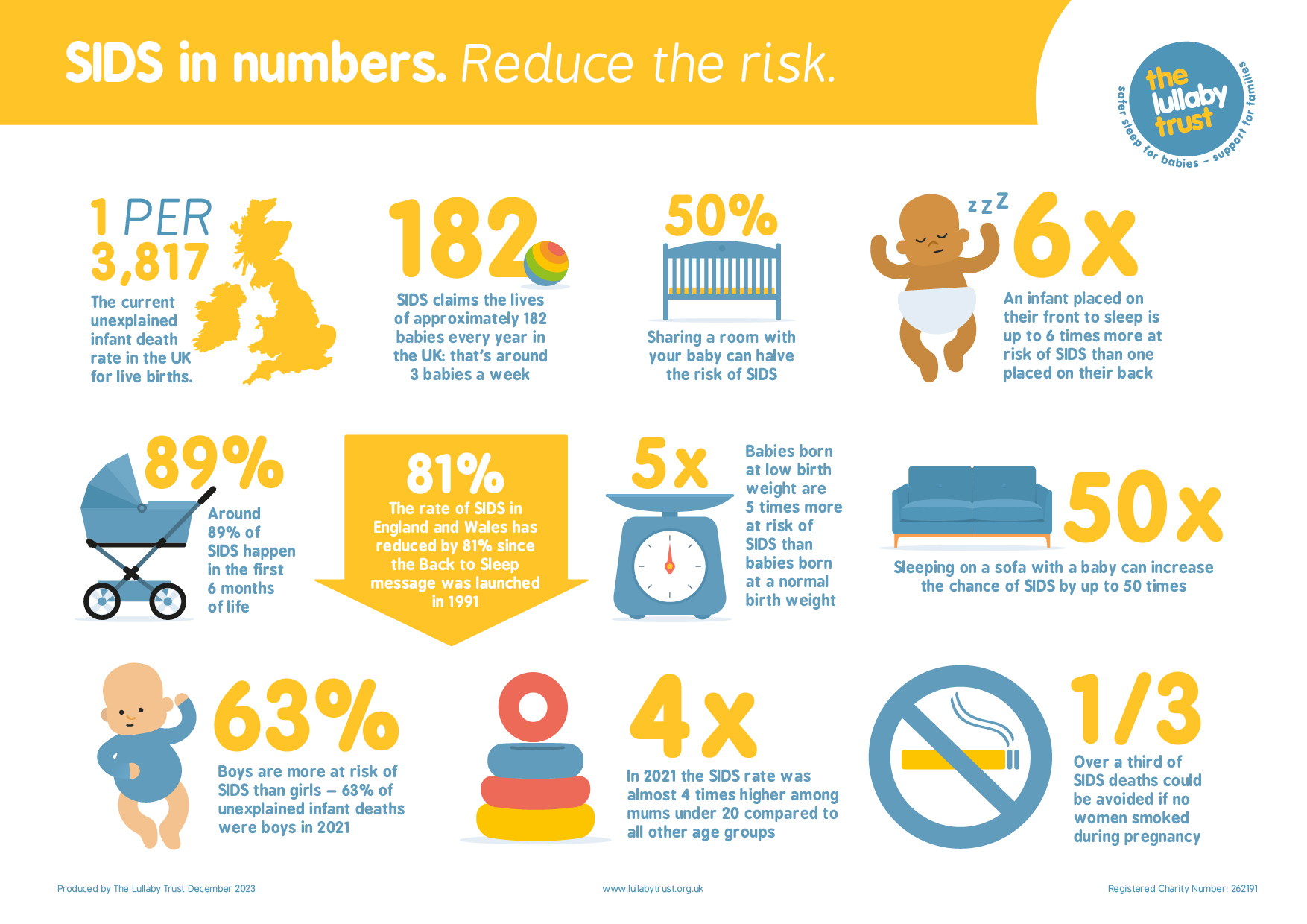"Abstinence" is defined as the practice of refraining oneself from indulging something, in this case, sexual activity. For many people, this is the only form of sex-education they received. Teen sexual health outcomes in the last decade have been mixed. Teen pregnancy and birth rates have decreased, but rates of sexually transmitted infections among teens and youth has risen. Much of these could perhaps be associated to the lack of of sex-ed.
24 States and DC mandate sex education for youth.
37 States require that sex education must include abstinence, with 26 requiring that it is stressed.
13 States require that the sex education be medically accurate.
18 States and DC require that information on contraception be provided with sex education.
As seen above, there are two main approaches toward sex education: abstinence-only and comprehensive sex education, with each being defined as the following:
- Abstinence-Only Education - aka "Sexual Risk Avoidance," teaches that abstinence is the expected behavior of teens, typically excluding any information regarding contraception in preventing pregnancy and STIs
- Comprehensive Sex Education - provides medically accurate age-appropriate information about abstinence, as well as practices including contraception and condoms, in addition to information on healthy relationship and communication
 |
| Guttanmacher.org Despite the increased funding and use, recent research shows abstinence-only programs could be harmful to young people. By the end of high school, over half of teenagers will have had sex, yet they are not learning the information about contraceptives, STIs, consent, or healthy communication. Instead, the abstinence-only programs they are learning promote judgment, fear, guild, and shame around sex. Additionally, abstinence-only programs are often heteronormative, framing LGBTQ students as deviant and not providing sexual education for them. The previous argument in favor of abstinence-only education claimed that it undermined parents and confused students. However, a UNESCO quote from 2009 states the following: "Sexuality education does not hasten sexual activity but has a positive impact on safer sexual behaviors and can play sexual debut." The American Medical Association, the American College of Obstetricians and Gynecologists, and the Society for the Adolescent Health and Medicine oppose abstinence-only programs. In addition, the majority of parents of high school students support the instruction of broader topics outside of abstinence. |
 |
| Guttmacher.org |



No comments:
Post a Comment